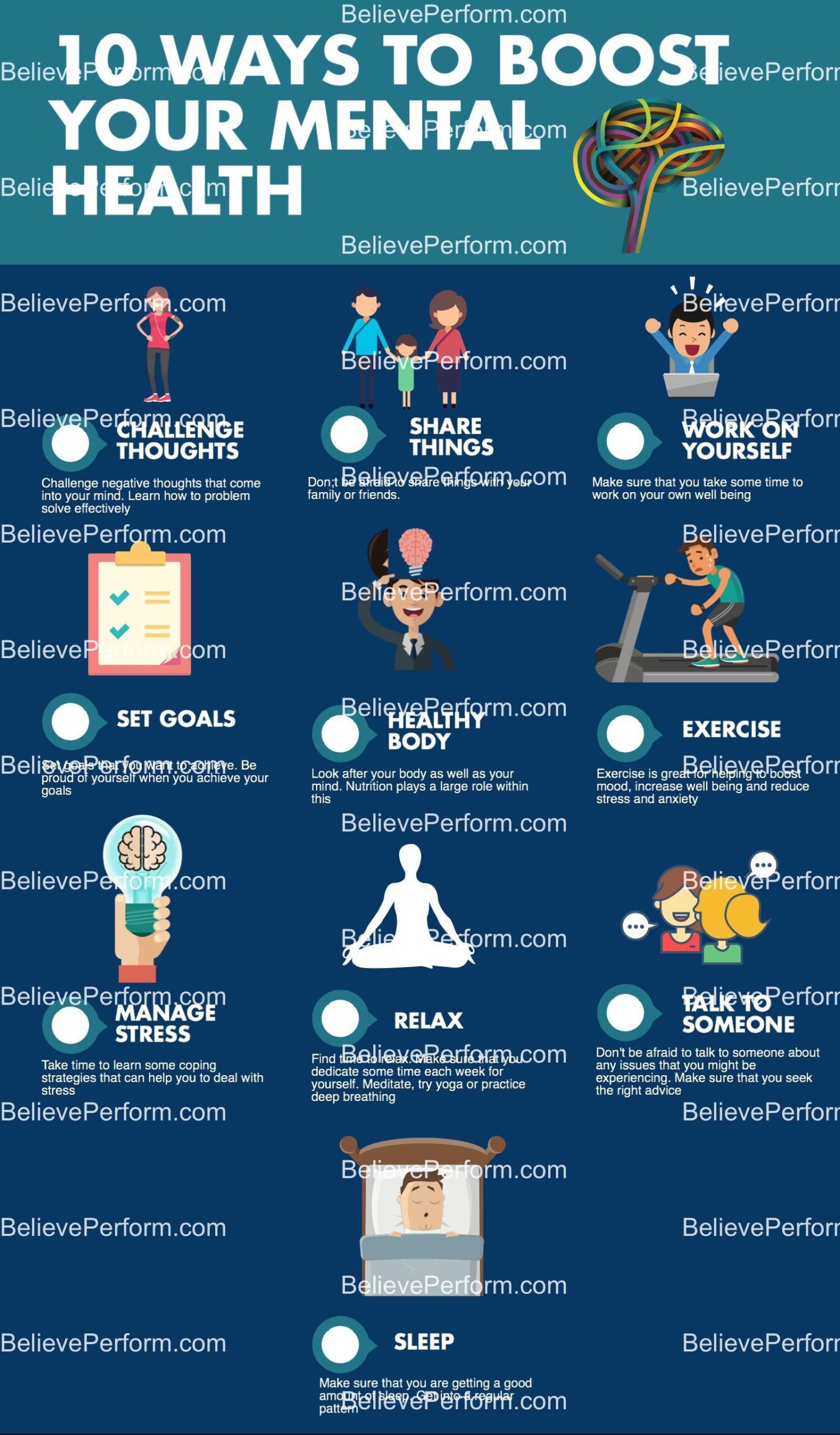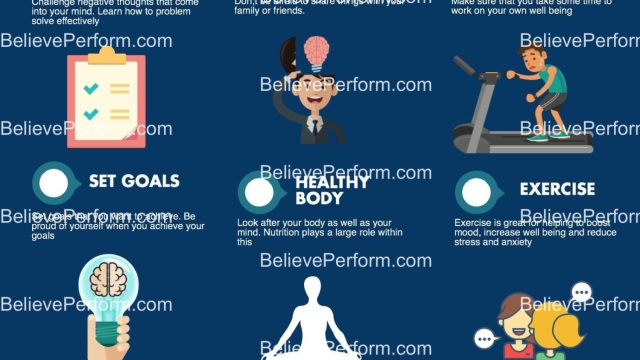Breaking the Silence: Exploring the Depths of Mental Health
In today’s fast-paced and ever-evolving world, the matter of mental health has become increasingly prominent, especially among the younger generation. It is crucial that we address the challenges faced by teens when it comes to their mental well-being, as adolescence can be a period of immense pressure and transition. The journey towards understanding and managing mental health is not an easy one, but it is a necessary endeavor. In this article, we will delve into the depths of teen mental health, shedding light on the importance of therapy as a guide towards healing and growth.
Teen mental health often finds itself shrouded in silence and stigma, yet the impact it can have on individuals is profound. The teenage years are a time of transformation, a time when young minds are navigating the complexities of identity, relationships, and societal expectations. It becomes crucial that we unravel the intricacies of these experiences and provide support systems that can guide them through the challenges they face.
Therapy emerges as a beacon of hope in the realm of teen mental health, offering adolescents a safe space to explore their thoughts, emotions, and concerns in a non-judgmental environment. By seeking professional assistance, teens are empowered to confront their struggles, develop coping mechanisms, and gain a better understanding of themselves. In this comprehensive guide, we will explore the various facets of therapy for teen mental health, uncovering its benefits, different approaches, and how it can become a roadmap for navigating the complexities of the teenage mind.
Join us as we break the silence surrounding teen mental health and embark on a journey of discovering the transformative power of therapy. Together, we can foster an environment that advocates for the well-being of our young minds and provides them with the necessary tools to pursue a fulfilling and balanced life.
Choosing the Right Therapy Approach
When it comes to teen mental health, finding the right therapy approach is crucial. Each individual is unique, and it is important to consider their specific needs and preferences. With a wide range of therapy approaches available, it can be overwhelming to determine which one is the best fit. However, by considering certain factors, you can make an informed decision.
Firstly, it is important to assess the severity and type of mental health issue your teen is facing. Different therapy approaches are designed to address specific conditions, such as depression, anxiety, or eating disorders. Understanding the nature of your teen’s mental health condition will help guide you towards the most effective therapy option.
Secondly, it is crucial to involve your teen in the decision-making process. Their input and preferences matter, as they will be the ones actively participating in therapy. Teenagers may have specific preferences, such as a desire for individual therapy versus group therapy, or a preference for a certain therapeutic approach, such as cognitive-behavioral therapy or art therapy. Involving your teen in the decision-making process promotes a sense of ownership and increases the likelihood of successful therapy outcomes.
Lastly, consider the expertise and qualifications of mental health professionals offering therapy services. It is important to choose therapists who specialize in working with teenagers and have experience in treating the specific mental health issue your teen is facing. Research their background, credentials, and track record to ensure they are well-equipped to provide effective therapy for your teen’s needs.
By considering the severity and type of mental health issue, involving your teen in the decision-making process, and thoroughly researching the expertise of therapists, you can choose the most suitable therapy approach for your teen’s mental health journey. Taking the time to make an informed decision will maximize the chances of positive therapy outcomes and support your teen’s overall well-being.
Common Teen Mental Health Issues

Anxiety Disorders:
Teenagers often experience anxiety, which can sometimes develop into anxiety disorders. These disorders can manifest in various ways, such as generalized anxiety disorder, panic disorder, or social anxiety disorder. The constant worry and fear associated with these conditions can significantly impact a teen’s daily life, affecting their relationships, school performance, and overall well-being.-
Depression:
Depression is a serious mental health issue affecting many teenagers. It is characterized by a persistent feeling of sadness, loss of interest in activities, changes in appetite or sleep patterns, and a lack of energy. Depression can make it difficult for teens to enjoy life and carry out their daily responsibilities, often leading to isolation and a decline in academic performance. -
Substance Abuse:
Substance abuse is a common issue among teenagers struggling with their mental health. Many turn to drugs and alcohol as a way to cope with emotional pain or to escape from their problems temporarily. Substance abuse can worsen mental health issues and lead to a vicious cycle, as the effects of drugs and alcohol can exacerbate anxiety, depression, and other mental health conditions.
Remember, every teenager is unique, and the way they experience and cope with mental health issues may vary. If you or someone you know is struggling with any of these concerns, consider seeking professional help from a licensed therapist or counselor who specializes in adolescent mental health. They can provide guidance, support, and effective strategies for managing these challenges.
Finding Support and Resources
Whether you’re a teenager struggling with mental health challenges or a concerned parent looking for support, it’s essential to know that help is available. In this section, we will explore various resources that can assist you in navigating the complex world of teen mental health therapy.
-
School Resources: If you’re a teenager, your school can be an excellent starting point for finding support. Many schools have counseling departments or guidance counselors who are trained to deal with mental health issues. Don’t hesitate to reach out to them for assistance, as they can provide guidance, resources, and even refer you to specialized therapists if necessary.
-
Community Organizations: Another valuable resource for finding mental health support is local community organizations. Look for youth centers, community centers, or non-profit organizations that focus on mental health. These organizations often provide counseling services, support groups, and workshops specifically designed for teenagers. Take the initiative to reach out to them and inquire about the services they offer.
-
Online Resources: In today’s digital age, the internet can be a valuable tool for finding mental health support. Numerous reputable websites offer resources, information, and even online therapy options specifically tailored to teenagers. Be cautious when navigating online resources and ensure you’re visiting reliable websites that prioritize the wellbeing of teenagers.
Remember, reaching out for help is not a sign of weakness but a courageous step towards better mental health. By utilizing these resources, you can find the support and guidance you need to navigate and overcome the challenges you may be facing.
